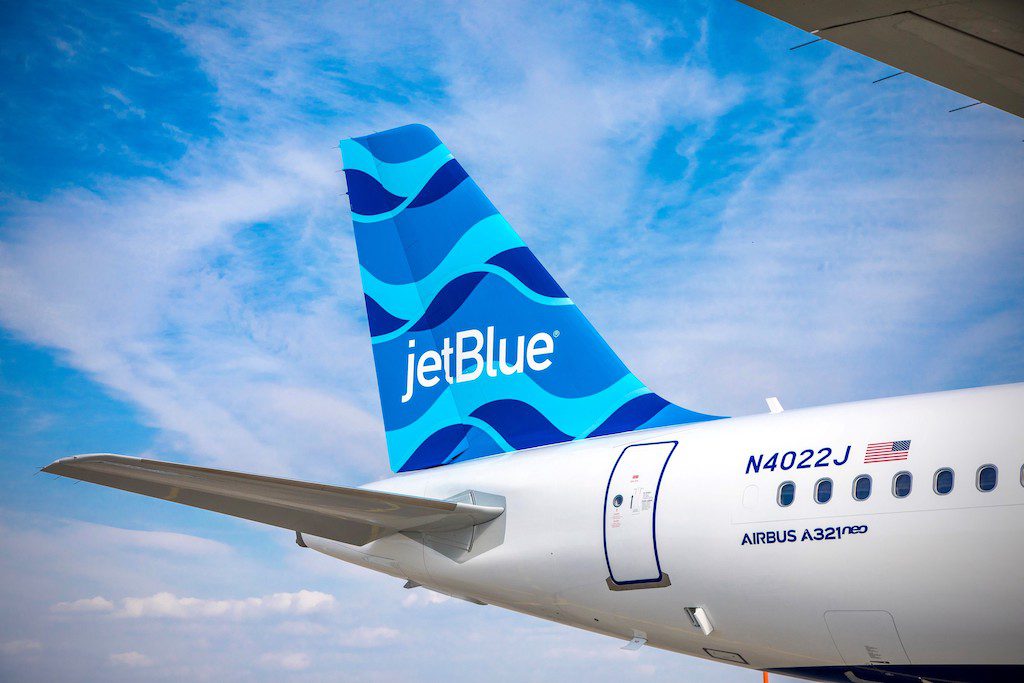Hopper Fills a Gap With JetBlue Partnership

Skift Take
App-only Hopper, which claims to be the third largest online travel agency in North America, filled a hole in its schedules and fintech offerings by partnering with JetBlue.
The new agreement, which Hopper is announcing Wednesday, means that JetBlue flights are being sold through the Hopper app, and its partner Capital One Travel. Hopper didn't offer JetBlue flights previously.
In an interview a few days ago, Kiera Haining, head of Hopper's flights marketplace, called the partnership "a major win for customers" to round out Hopper's offering, adding that getting the deal done was a major priority.
The first priority will be adding JetBlue's flights, and then Hopper plans on introducing its fintech products, such its price freeze, on the airline's fli

